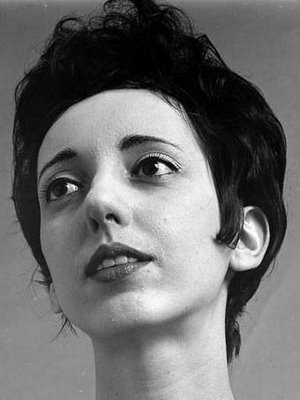
From Antæs: Literature as Pleasure:
'And: I enter an empty classroom in the old Hall of Languages Building, Syracuse University, sometime in the fall of 1956, discover a lost or discarded book on ethics, an anthology of sorts, open it at random, and begin reading... and reading... so that the class that begins in a few minutes, whatever remarks, long-forgotten, by whatever professor of philosophy, also, alas, long-forgotten, is a distraction and an interruption. How profoundly excited I am by this unknown new voice, this absolutely new and unique and enchanting voice! - though I am familiar, I suppose, with some of the writers he read, and from whom he learned (Shakespeare, Dostoyevsky, Emerson), I am not at all familiar with Nietzsche himself - only the name, the word, the sound, mysterious and forbidding. This philosopher who is an anti-philosopher; a poet; a mystic (and anti-mystic); whose genius expresses itself in aphorism and riddle - "philosophy with a hammer." To have read Nietzsche, aged eighteen, when one's senses are most keenly and nervously alert, the very envelope of the skin dangerously porous, to have heard, and been struck to the heart, by that astonishing voice - what ecstasy! what visceral unease! - as if the very floor were shifting beneath one's feet. Late adolescence is the time for love, or, rather, for passion - the conviction that within the next hour something can happen, will happen, to irrevocably alter one's life. ("The danger in happiness: Now everything I touch turns out to be wonderful. Now I love any fate that comes along. Who feels like being my fate?") Whatever books of Nietzsche's I then bought in paperback or took out of the university library - The Birth of Tragedy, Human, All Too Human, The Gay Science, Thus Spake Zarathustra, Beyond Good and Evil, Twilight of the Idols - I must have read, or devoured, quickly and carelessly and with no sense of their historical context under the spell of an enchantment I had every reason to think was unique. And for me Nietzsche was unique - one of those voices out of a densely populted world that define themselves so brilliantly, in a way so poignantly, against that world, they become - almost - assimilated into one's very soul.'
Joyce Carol Oates, 'Literature as Pleasure, Pleasure as Literature'


